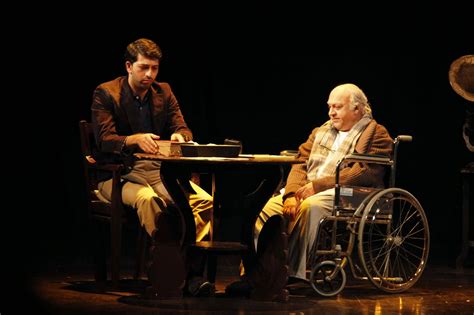A Quote by Helen Mirren
I've always been battling against my sense of dignity and refinement. I was embarrassed by any bodily functions when I was younger. I could never even blow my nose.
Related Quotes
That's all that counts. People being sorry. Makes you feel better; gives you a sense of dignity, and that's all that's important; a sense of dignity. And it doesn't matter if you don't care or not, either. You got to have a sense of dignity, even if you don't care, 'cause, if you don't have that, civilization's doomed.
There are certain bodily functions of mine which I will not allow to be supervised. One of these is eating. Nobody's going to license me to do this. Another one is bodily disposals. I will defecate and urinate when I damn well please and as the spirit -and the physical necessity -moves me. And my sex life is peculiarly my own. I will engage in sexual activity with a consenting male any time and any place I damn well please.
It is clear I was never the Pretty Girl. I had my two front teeth knocked out when I was 10 and didn't fix them until I was 19. I have a crooked smile and a nose that looks like it's been broken 12 times but never has been. My nose was always red, so people called me Rudolph. My whole face is off-center.
I've been writing poems since I was in the Navy - to Rosalynn. I found I could say things in poems that I never could in prose. Deeper, more personal things. I could write a poem about my mother that I could never tell my mother. Or feelings about being on a submarine that I would have been too embarrassed to share with fellow submariners.



































